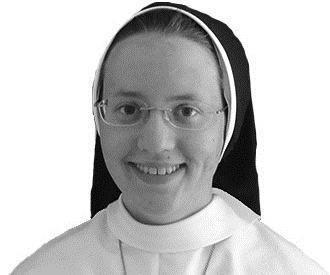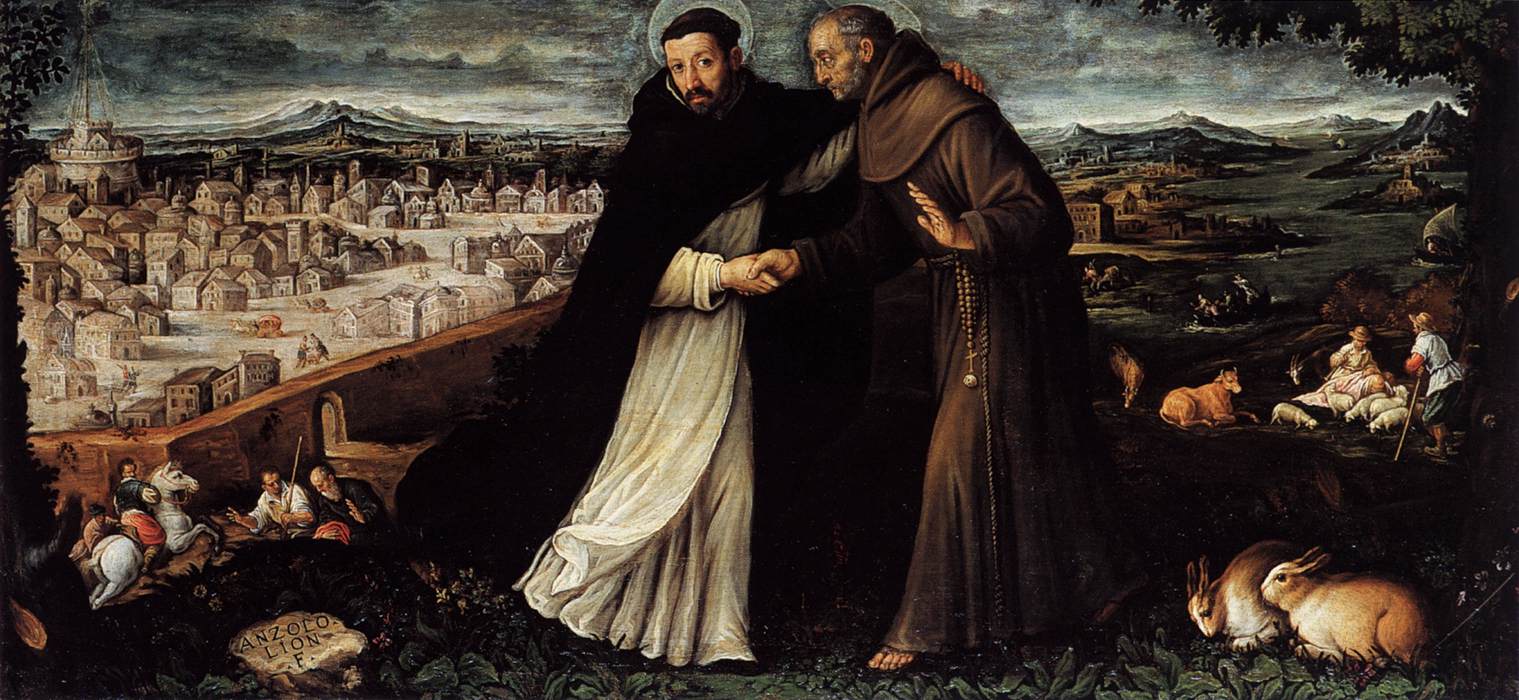Aug. 6, 2021, marked 800 years since the death of St. Dominic. In the Gospel reading for Mass on Dominic’s feast day, Christ tells His disciples that they are the salt of the earth. I have always thought of salt as making things tastier, but our chaplain this year in his homily made an additional point: salt makes things more themselves, draws out the natural flavor already latent within. St. Dominic did both of these things: he lived life with zest, and his earnest combat against sin and heresy helped people to become the happy saints God created them to be.
St. Dominic’s boldness and joy are well known. Inspired by a vision of his friars circling the globe, two by two, St. Dominic dispersed the small band he had only just gathered, sending pairs to the major university towns of Europe. Unmoved by the protests of his supporters, who viewed the act as supremely imprudent, he answered them, “Let me alone: I know what I am doing. Seed, when hoarded, rots, but, when sown, bears fruit.” Eight hundred years of fruit have proven him right.
Traveling on foot through France, St. Dominic was accosted by a band of Albigensian heretics. They asked him what he would do if they killed him. He laughed and replied, “I would only ask you to kill me slowly, so that I would gain a more glorious crown in heaven.” They decided not to kill him, slowly or otherwise.
When his novices scandalized an older friar by laughing during prayers, St. Dominic refused to reprove them: “Let them laugh! Do they not have cause for rejoicing? They have thrown off the thralldom of the devil.” In other words, their generous gift of self in religious life, the pledge to live a life of conversion and sacrifice, rightly makes them lighthearted and might lead to laughter, even at solemn moments.
Dominic’s comment demonstrates the origin of his boldness and joy: a deeply rooted awareness of the gravity of sin and the horror of error — accompanied by a magnificent trust in God’s power to overcome both. The friars often heard Dominic groaning in prayer, “Lord, what will become of sinners?” He faithfully did penance for his own sins and those of others. He never shied away from correcting an erring friar, but would take him aside, so as not to embarrass him publicly, and pointed out faults so earnestly and kindly that the brethren said they even desired to be admonished by him.
His Order of Friars Preachers exists to preach truth authentically and convincingly, because Dominic saw clearly the destruction wrought by heresy — specifically the prevalent heresy of his time, Albigensianism, which asserted that all material things are evil. This heresy destroyed marriages and families and robbed life of the pleasure God intended us to enjoy. In place of the blandness of error, Dominic sprinkled the salt of truth.
May we all, Dominicans and not, ask St. Dominic, a good father, to teach us what it means to be the salt of the earth.
Sr. Maria Veritas Marks is a member of the Ann Arbor-based Dominican Sisters of Mary, Mother of the Eucharist.









